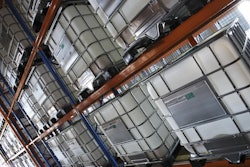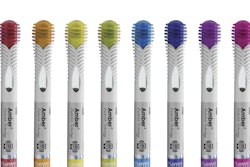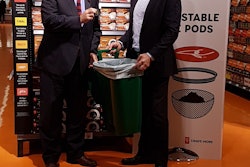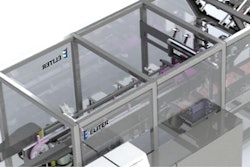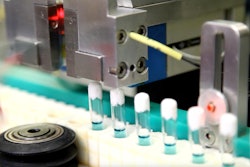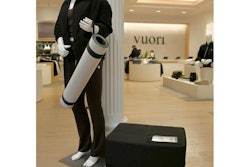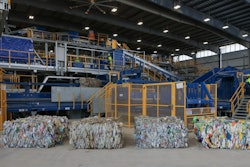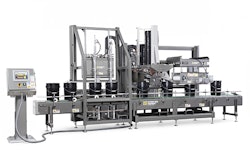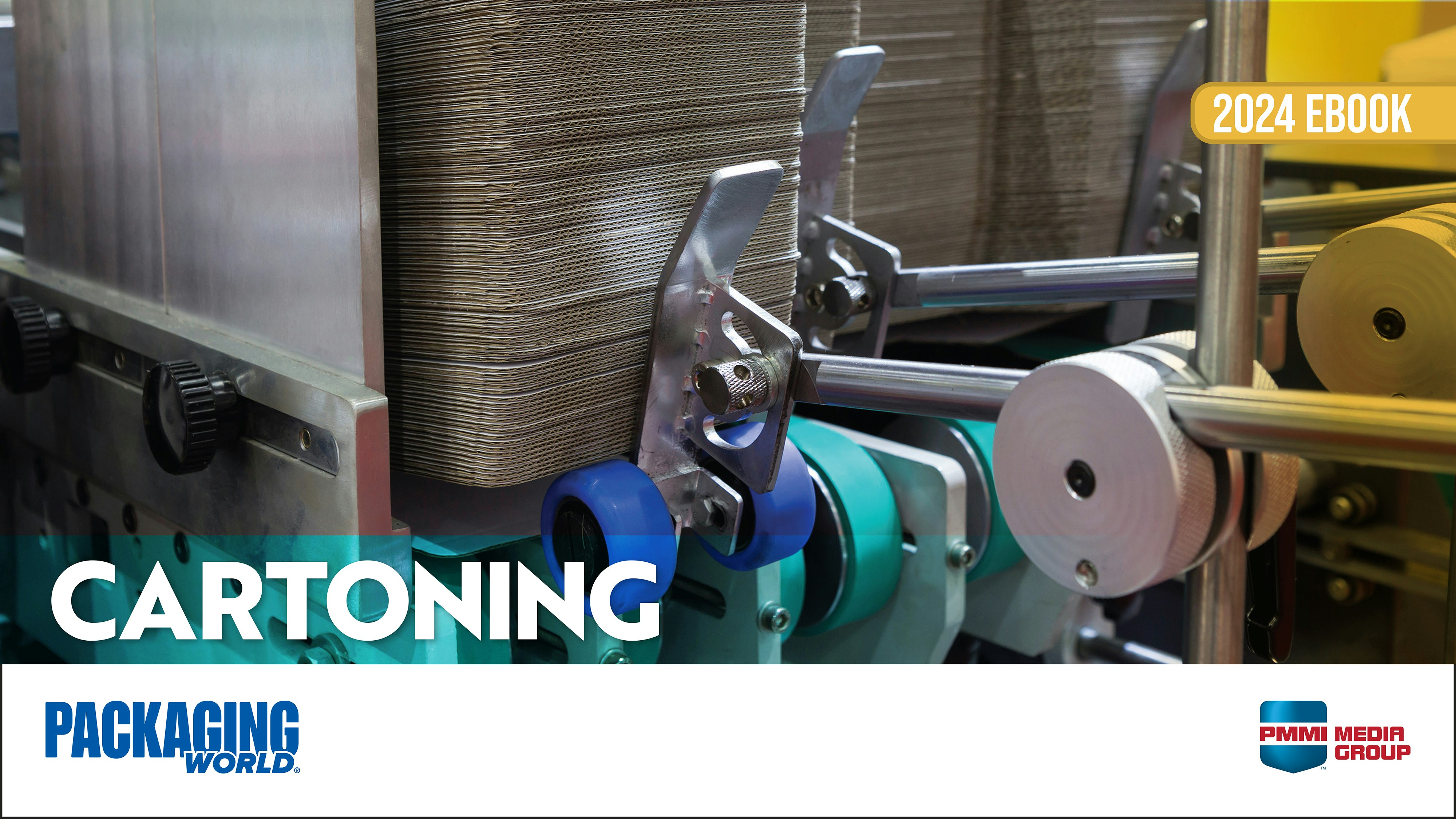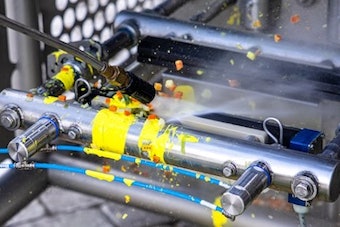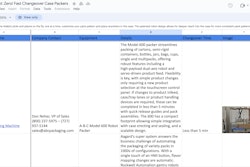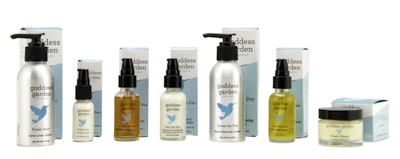
Goddess Garden Organics of Boulder, CO, is a B Corp-certified company specializing in natural, organic skincare products that not only protect the skin from damage, but also repair damage that has already been done. When it comes to selecting packaging for its products, “environmental impact is always one of the first considerations,” says company Assistant Brand Manager Kat Wiranowski. “Cost and consumer preference are secondary—but still important—so we try to find the best solutions for our customers, without sacrificing the environment.”
For its new Sun Repair System, which includes seven sun repair skincare products, Goddess Garden chose packaging materials with a range of eco-conscious attributes. Among them, recycled content, low upfront energy consumption during manufacturing, and/or the ability to be endlessly recycled. Forgoing plastic containers for its cleansers, creams, and serums, the company chose glass and aluminum bottles, held in paperboard cartons—decisions that required some tradeoffs. Says Wiranowski, “We wanted to offer airless pumps, but our search turned up only non-recyclable acrylic, so we simply didn’t do it.”
She adds that beyond considering if materials can be recycled, Goddess Garden also looks at how they are recycled: “Glass can be turned back into glass in an infinite loop. An aluminum can easily becomes another can. Paper fibers break down and have a limited amount of life cycles, but they can be composted. All of these things go into every packaging decision we make.”
Pumps and caps are a mix of recyclable and non-recyclable components made from polypropylene and low-density polyethylene. While PP is becoming accepted at more recycling facilities, the integration of the PP and PE components in the pumps means consumers would have to disassemble the unmarked parts and sort them for recycling. For now, while it explores other options, Wiranowski says Goddess Garden selected these resins for their low-energy footprint. “PE and PP together consume the least amount of energy during production when compared to other plastics,” she says. “The lower density of PP also reduces the absolute amount of waste.”
Kudos are given to Goddess Garden’s carton supplier, which was able to deliver a 100% recycled-content carton with the vibrant aesthetics the skincare product supplier desired. Goddess Garden sources its packaging from a number of suppliers. One of its favorites, says Wiranowski, is Sustainable Packaging Industries, which supplies its recycled paper-based GreenKraft clamshells and inserts for Goddess Garden’s Essential Oils Aromatherapy Kits, launched in late 2015.
Goddess Garden Organics’ Sun Repair System was launched in October 2016 in both natural and retail channels, with products priced between $14.99 and $19.99.
